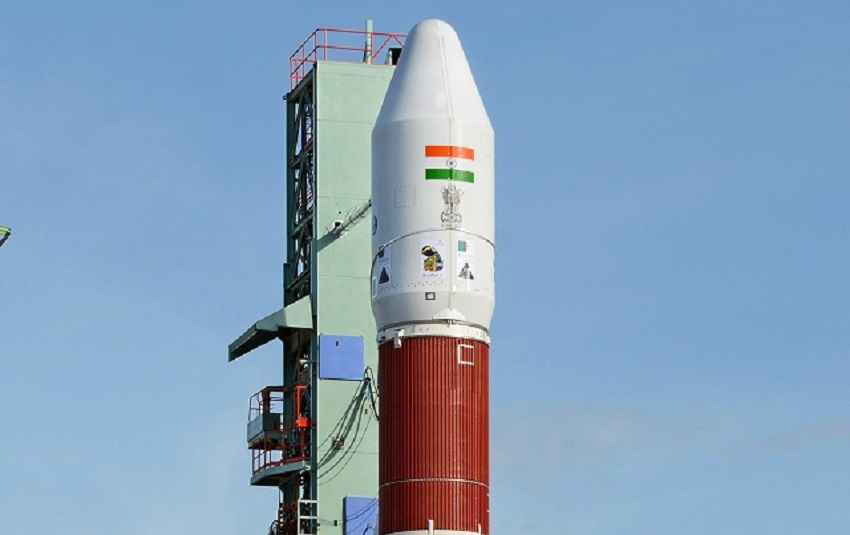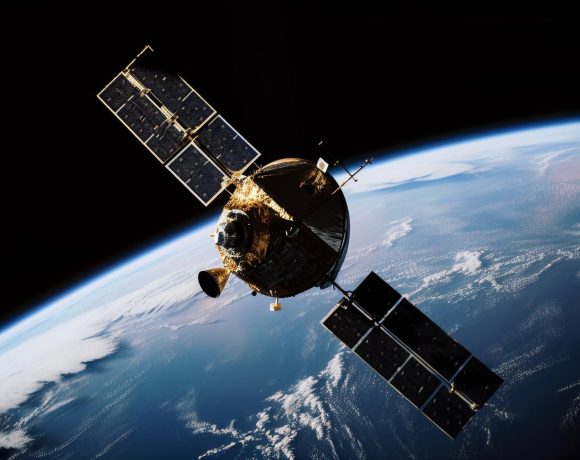
ISRO Successfully Demonstrates Restart of Vikas Engine
The Indian Space Research Organisation (ISRO) achieved another milestone by successfully demonstrating the restart capability of the Vikas liquid engine. This significant development enhances India’s space capabilities and showcases advancements in propulsion technology, essential for future missions.
Vikas Engine Demonstration
The Vikas liquid engine, a core component of ISRO’s launch vehicles, underwent rigorous tests to verify its restart capability. “The demonstration marks a critical milestone in propulsion technology, confirming the engine’s reliability for complex space missions,” ISRO stated. This ability to restart in space is particularly significant for interplanetary missions, as it enables precise maneuvering and trajectory adjustments.
Implications for Future Missions
This successful demonstration reinforces ISRO’s preparedness for ambitious missions, including interplanetary exploration and satellite positioning. The capability to restart engines in space provides added flexibility, allowing spacecraft to undertake intricate maneuvers during long-duration missions.
With plans for advanced missions to Mars, Venus, and the Moon, ISRO’s focus on enhancing propulsion systems is a vital step in maintaining its competitive edge in the global space industry. The Vikas engine’s restart ability will play a crucial role in enabling India to achieve its space exploration goals.
Technological Advancements and Global Impact
ISRO’s continuous advancements in space technology, including this latest achievement, underscore India’s growing prominence in the global space arena. By developing cutting-edge technologies, ISRO not only bolsters its domestic space program but also strengthens its position as a key player in international collaborations and commercial satellite launches.
This milestone comes as part of ISRO’s broader efforts to innovate and expand its capabilities, ensuring that India’s space program remains at the forefront of exploration and technological development.


















